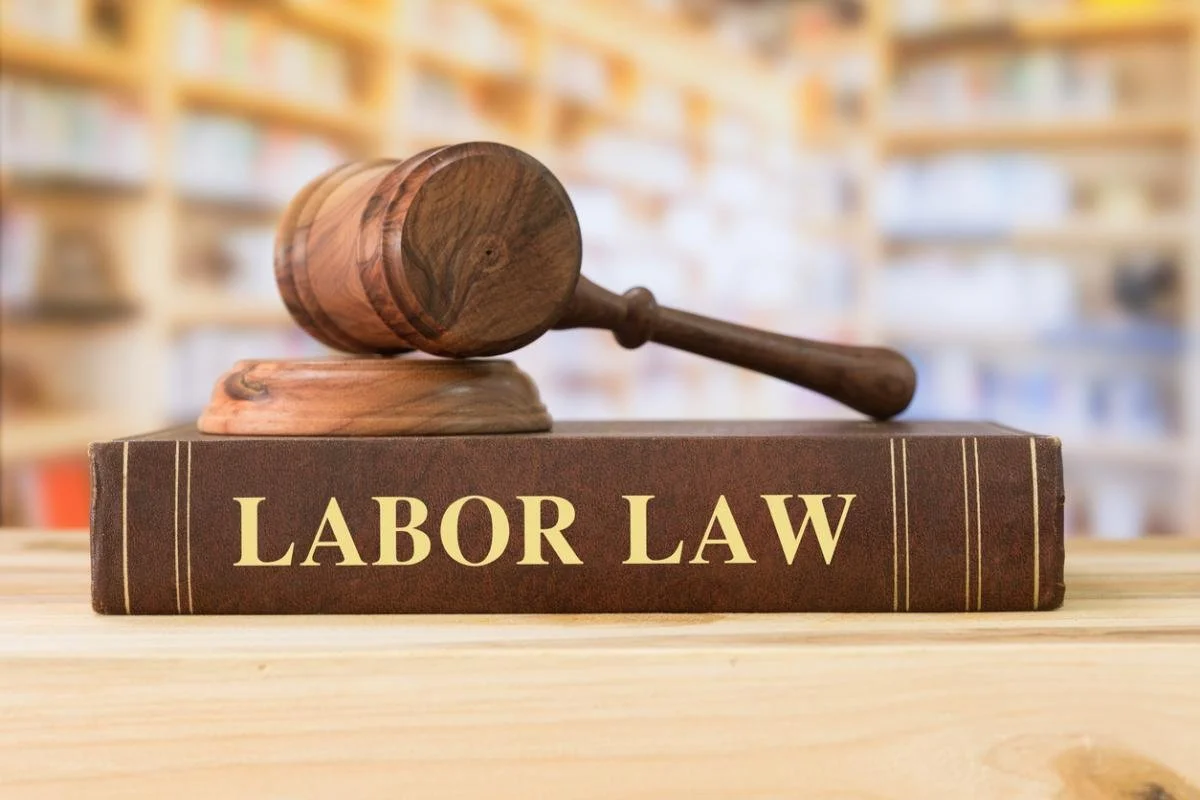WRONGFUL TERMINATION FAQ
What does “At-Will” Employment Mean?
An employment relationship may be ended by either the employer or the employee at any time for any lawful reason or for no reason at all. This is called “at-wil”l employment. An employment relationship is not “at will” if the employee proves that the parties agreed that the employee would be discharged only for good cause, in which place the employer would have the burden that there was good cause to terminate the employee.
If employment is at will then what is wrongful termination?
Even though employment is at will, the employer still cannot terminate the employee for any wrongful purposes, such as discrimination or harassment. In order for an employee to prove that there was a wrongful termination, the employee must show that the employer’s decision to fire the employee violates public policy in California. For example, if refusing to engage in price fixing was a motivation for firing the employee, the employee may have a claim for wrongful discharge.
Do I have a good case if I got fired for complaining about my safety?
If an employee complains about certain issues that are protected by statute and this is the motivating reason for firing the employee, the employee may have a valid claim for retaliation. However, California labor laws go even one step further. The employee only needs a reasonable belief that the there is something wrong. For example, if an employee complains to OSHA about healthy and safety conditions and is fired right after, OSHA does not have to specifically say in the statutory scheme that the employee is allowed to file a claim. Instead, since the employee had a good faith belief that safety was at issue, the employee may be able to make a claim for retaliation.
What is quid pro quo sexual harassment?
Quid pro quo sexual harassment takes place when an employer or supervisor makes unwanted sexual advances or engages in other unwanted verbal or physical conduct of a sexual nature, job benefits were conditions by words or conduct on the employee’s acceptance of the unwanted sexual advances and employment decisions affecting the employee were made based on the employees acceptance or rejection of the employer’s sexual advances.
What happens if my employer did not fire me but made my life hell so I quit?
California labor law has a very good way of dealing with the situation where an employee is not actually fired but instead is left with no choice but to quit because the company intentionally makes the employee’s life so hard that the working conditions are intolerable. If the employee can prove that the employment conditions were actually intolerable and the employee had no choice but to leave the job, there could be a valid claim for wrongful termination.
When type of conduct is considered “harassing”?
Under state labor laws governing harassment and discrimination in the workplace, “harassing conduct” may include:
- Verbal harassment, such as obscene language, demeaning comments, slurs, threats
- Physical harassment, such as unwanted touching, assault, or physical interference with normal work or movement
- Visual harassment, such as offensive posters, objects, cartoons, or drawings
- Unwanted sexual advances
What does “severe and pervasive” mean?
Severe and pervasive conduct is an element of showing that there was in fact a hostile work environment. Severe and pervasive conduct is that which alters the conditions of employment and creates a hostile or abusive work environment. In determining whether the conduct was severe or pervasive, you should consider all the circumstances, including
- The nature of the conduct
- How often, and over what period of time, the conduct occurred
- The circumstances under which the conduct occurred
- Whether the conduct was physically threatening or humiliating
- The extent to which the conduct unreasonably interfered with employee’s work



